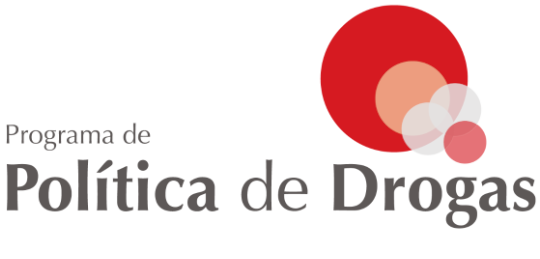Factors associated with extrajudicial arrestfor syringe possession: results of adepartment-wide survey of municipalpolice in Tijuana, Mexico
Abstract
Background: Mexican law permits syringe purchase and possession without prescription. Nonetheless, people whoinject drugs (PWID) frequently report arrest for syringe possession. Extrajudicial arrests not only violate human rights,but also significantly increase the risk of blood-borne infection transmission and other health harms among PWID andpolice personnel. To better understand how police practices contribute to the PWID risk environment, prior researchhas primarily examined drug user perspectives and experiences. This study focuses on municipal police officers (MPOs)in Tijuana, Mexico to identify factors associated with self-reported arrests for syringe possession.
Methods: Participants were active police officers aged≥18 years, who completed a self-administered questionnaire onknowledge, attitudes and behaviors related to occupational safety, drug laws, and harm reduction strategies.Univariable and multivariable logistic regression was used to identify correlates of recent syringe possession arrest.
Results: Among 1044 MPOs, nearly half (47.9%) reported always/sometimes making arrests for syringe possession(previous 6mo). Factors independently associated with more frequent arrest included being male (Adjusted Odds Ratio[AOR] = 1.62; 95% Confidence Interval [95% CI] =1.04–2.52; working in a districtalong Tijuana River Canal(where PWID congregate) (AOR = 2.85; 95%CI = 2.16–3.77); having recently experienced a physical altercation withPWID (AOR = 2.83; 95% CI = 2.15–3.74); and having recently referred PWID to social and health services (AOR = 1.97;95% CI = 1.48–2.61). Conversely, odds were significantly lower among officers reporting knowing that syringepossession is legal (AOR = 0.61; 95% CI = 0.46–0.82).
Conclusions: Police and related criminal justice stakeholders (e.g., municipal judges, prosecutors) play a key role inshaping PWID risk environment. Findings highlight the urgent need for structural interventions to reduce extra-judicialsyringe possession arrests. Police training, increasing gender and other forms of diversity, and policy reforms at variousgovernmental and institutional levels are necessary to reduce police occupational risks, improve knowledge of druglaws, and facilitate harm reduction strategies that promote human rights and community health.
Descarga el archivo aquí
Enlace directo aquí
Más Vistos
- La metanfetamina y el CJNG. Análisis de una reconfiguración del mercado de...
- The “War on Drugs” in Mexico: (Official) Database of Events between December...
- Deadly force and denial: the military's legacy in Mexico's ‘war on drugs’
- Age-specific rates of onset of cannabis use in Mexico
- Fragmentation and cooperation: the evolution of organized crime in Mexico
Más Recientes
- The Connection Between Drug-Related Detentions and Drug-Related Violence:...
- “Resulta aberrante su actuar”: Mujeres acusadas de delincuencia organizada
- Where there is smoke, there is fire? Making sense of the past failure and future...
- Civil Society Organizations and Harm Reduction Policy: The Mexican Case
- How frequent and visible criminal violence affects housing prices: evidence from...

